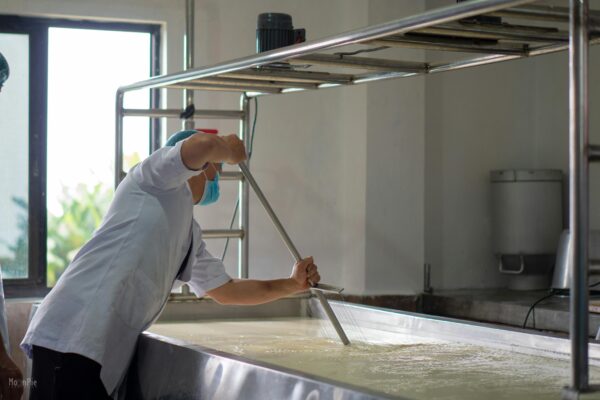
In a rapidly evolving world, innovation has become the lifeblood of progress. Adapting, ideating, and implementing transformative solutions is critical for individuals, businesses, and nations. But innovation doesn’t happen in isolation—it requires an ecosystem of empowered minds equipped with the right skills, tools, and opportunities.
This is where capacity building plays a pivotal role.
Capacity building is more than just skill enhancement; it’s about nurturing a culture of learning, resilience, and innovation. It’s about empowering individuals and organizations to unlock their full potential, solve complex challenges, and drive sustainable growth.
What is Capacity Building?
- Capacity building refers to developing knowledge, skills, systems, and attitudes that enable individuals and organizations to achieve their goals effectively. It’s a multifaceted approach encompassing training, mentorship, technology enablement, and cultural transformation.
- For tomorrow’s innovators, capacity building means creating an environment where creativity thrives, ideas are encouraged, and practical skills align with visionary thinking.
Why Capacity Building is Crucial for Innovation
- Bridging Skill Gaps: Innovation requires technical and soft skills, from critical thinking and problem-solving to advanced technical expertise. Capacity-building programs equip individuals with these essential tools.
- Fostering Collaboration: Building capacity often involves creating knowledge-sharing and collaboration platforms. These environments enable individuals and organizations to cross-pollinate ideas, leading to groundbreaking innovations.
- Resilience in Change: In today’s fast-changing landscape, the ability to adapt is a competitive advantage. Capacity building empowers individuals and organizations to embrace change and view challenges as opportunities for innovation.
- Driving Economic Growth: A workforce skilled in innovative practices can significantly boost productivity and economic output, contributing to national and global development.
- Sparking Grassroots Innovation: By empowering underserved communities, capacity building can unlock local solutions to local problems, fostering inclusive and sustainable development.
Elements of Effective Capacity Building
1. Education and Training:
- Structured programs focused on emerging technologies, design thinking, and entrepreneurship.
- Workshops and boot camps will provide hands-on experience in problem-solving and innovation processes.
2. Mentorship and Leadership Development:
- Connecting budding innovators with experienced mentors who can guide and inspire them.
- Developing leadership skills to manage teams and scale innovations effectively.
3. Technology Enablement:
- Providing access to tools like artificial intelligence, cloud computing, and prototyping labs.
- Training in using digital platforms for collaboration and innovation.
4. Ecosystem Building:
- Creating hubs, co-working spaces, and networks that foster interaction among innovators, researchers, and businesses.
- Encouraging partnerships between industry, academia, and government to scale innovations.
5. Cultural Transformation:
- Promoting a growth mindset where risk-taking and experimentation are celebrated.
- Encouraging diversity and inclusion to bring varied perspectives to innovation challenges.
Real-World Impact of Capacity Building
- Israel’s Startup Nation Success: Known as the “Startup Nation,” Israel’s transformation into a global innovation powerhouse is rooted in its robust capacity-building initiatives. Programs like Unit 8200, the elite tech unit of the Israeli Defense Forces, equip young individuals with advanced technical and leadership skills, many of whom later establish world-renowned startups. The integration of education, mentorship, and government support has made Israel a leader in innovation.
- Singapore’s SkillsFuture Initiative: Singapore’s SkillsFuture program is a national effort to equip its workforce with future-ready skills. The initiative has empowered individuals across industries to embrace innovation and stay competitive in a rapidly evolving economy by offering financial incentives, training subsidies, and access to advanced technologies.
- The Grameen Foundation’s Community Knowledge Workers Program: In Uganda, the Grameen Foundation has trained local farmers as Community Knowledge Workers (CKWs) to share agricultural innovations with their communities. These CKWs act as knowledge hubs, using technology to disseminate real-time solutions for farming challenges, increasing productivity and income for thousands of rural households.
Conclusion:
Innovation isn’t the privilege of a few—it’s a necessity for all. By investing in capacity building, we can democratize innovation, enabling everyone to contribute to progress. Empowered minds are the foundation of a resilient, forward-thinking society.
At Innokraft, we are committed to nurturing these minds, ensuring they have the skills, resources, and confidence to lead the charge toward a brighter future.
Are you ready to be part of the journey? Connect with us today and join the movement to empower tomorrow’s innovators!

